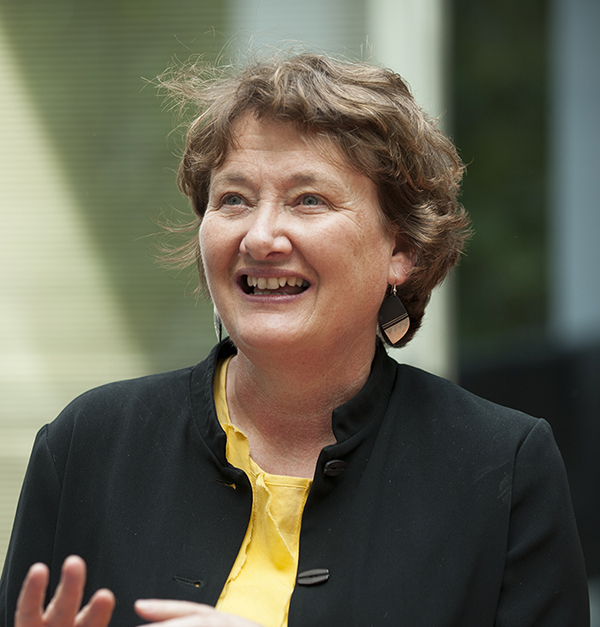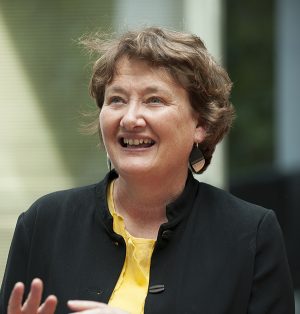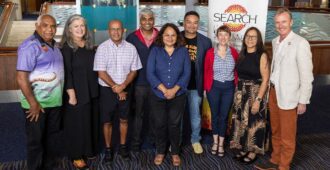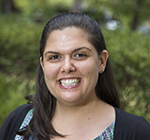
Indian journalists reporting on complex health issues and the urgent need for effective solutions arising from research and better policy in their country gained new insights from top minds at the Sax Institute this week.

Coordinated by the Department of Foreign Affairs and Trade, the media visit was an outcome of a Memorandum of Understanding in Health Cooperation between India and Australia, signed in April this year.
The Sax Institute was chosen by the Department to be part of a program of visits with a select group of organisations known for innovative programs and research initiatives supporting better healthcare and health policy in Australia.
Sax Institute CEO Professor Sally Redman AO welcomed the representatives of Health Analytics India, India Science Wire and The Hindu newspaper. She shared the history of the Institute and outlined its distinct, valuable work and growing influence in acting as a bridge linking health decision makers with knowledge from research for better health outcomes.
Global initiative on health systems research
Professor Redman outlined the new international role the Institute would play in better harmonising efforts to increase the use of health systems research through a new global initiative. The Sax Institute is one of the founding partners of the Learning Engaging and Advocating for Policy and Systems Research (LEAP) forum, launched by the World Health Organization in Stockholm this year.
The visitors were particularly interested in the approach and findings from our 45 & Up Study and the Study of Environment on Aboriginal Resilience and Child Health (SEARCH) a research collaboration between Aboriginal community controlled health organisations, the Aboriginal Health and Medical Research Council, the Institute and other leading researchers.
As with Australia and other parts of the world, India faces major challenges countering chronic illnesses such as heart disease. The work of The Australian Prevention Partnership Centre, based at the Institute, was also discussed as a further example of researchers, policy makers and communities collaborating to make changes that improve lives.
The visit provided a taste of the opportunities for researchers and health policy makers in India to establish and benefit from deeper collaborative ties with work done in Australia.
Find out more
- Read the views of WHO’s Dr Abdul Ghaffar on bridging evidence-practice gaps




